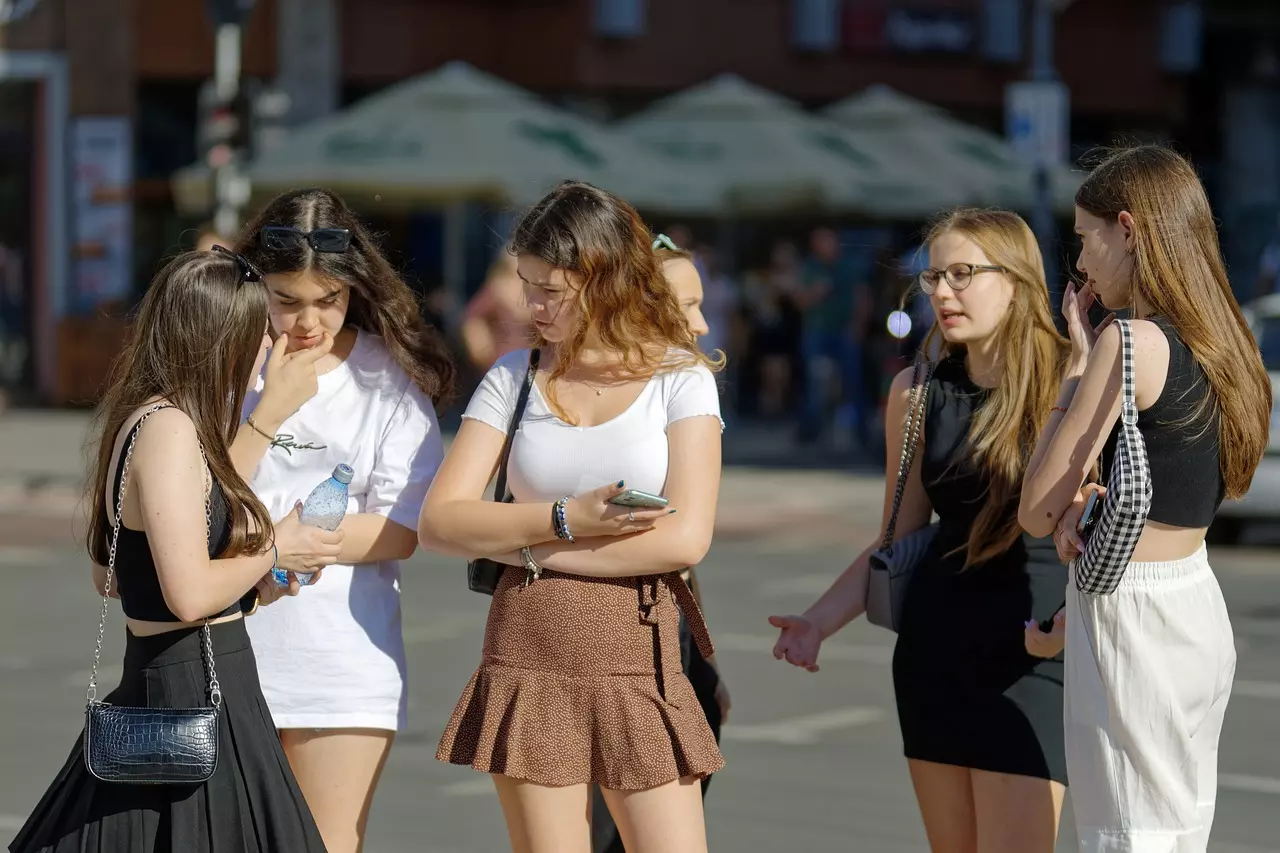He 41% of adolescents in Spain have had or believe you have had a mental health problem in the last year, although more than half have not asked for help and a third have not told anyone. These data belong to the adolescent opinion barometer on mental health prepared by UNICEF in collaboration with the University of Seville. To prepare it, the perceptions of approximately 5,000 young people aged 13 to 18 in 168 educational centers in Spain have been analyzed.
“There is a very significant change about mental health, more is known, more is talked about, but there is a lack of data and that it is better known; our adolescents increasingly normalize talking about mental health or identify possible problems, but a certain stigma still persists around the subject,” he explained José María Veraexecutive director of Unicef Spain during the presentation of the study.
According to the researcher at the University of Seville and author of the report, Pilar Ramosmany adolescents with mental health problems “don’t know who or where to turn and think that their problem is not important to ask for help.” This explains why 51% Of those who claim to have suffered a problem of this nature, they have not warned their loved ones about it. Other reasons given are the refusal to let their families or school guardians find out what is happening, the distrust in educational staff of your center and the idea that time is better to pass.
Those who do ask for help, do so in their close environment: their friends (73.6%), professional psychological help (60.8%), professionals from the educational center (34%) and from medicine and psychiatry (30%) or listening to professionals on the internet and social networks (32 .7%). Furthermore, the study shows that 4 out of 10 adolescents do not consider their condition to be relevant, they do not know what is happening to them or who to turn to.
The role of schools
40.5% of young people consider low or very low probability that their educational center, specifically, guidance and tutoring professionals, help them. The reasons range from lack of confidence in the people who play those roles (56.4%); thinking that they will not keep the secret (49.3%); believe that these professionals do not have the proper training to be able to help them (43.1%) and even consider that these people have other tasks that they must attend to and they don’t have time (37.7%).
For José Ángel, 17 years old, one of the young people who interpreted the data, “it is important to have someone at the center to talk to when you are under pressure with the exams or any other problem, but they are not usually available. Furthermore, people are afraid that their colleagues will see them talking to a counselor for having a mental health problem.” Alae, 16 years old, has assured that “the pressure to have good grades generates stress for us, also the pressure to fit in in a society and the fear of not being able to do it; All of this damages our mental health.” He has also asked the media to take into account the opinions of young people and not always present them as people vulnerable.
Mental health care
Young people believe that mental health is taken care of sleeping habits (74.9% think so), physical exercise (62.3%) and wearing a balanced diet (50.6%). As external determinants, they point out a good relationship with their parents (82.6%), the support of close people (82%) and doing things they like (78.6%). Regarding the factors that harm their mental health, the researcher explained that adolescents point to “the low self-esteemthe consumption of alcohol and other drugs, having physical health problems and having economic difficulties.” He has also highlighted as an external variable “being a victim of bullying or cyberbullying, and having family problems.
As a curious fact, more than half consider the networks that they use the most (X, TikTok and Instagram), although they also recognize that they are their allies when looking for information. “Social pressure is real, social networks can affect our mental health in an indiscreet way and little by little, but we still have time to avoid a high level of digital intoxication,” he said. Jose Angelmember of Unicef Spain Advisory Group.
Help another friend
Almost 8 out of 10 adolescents would offer their own help (more girls), followed by the advice of turning to family (73%), professionals (68%) or friends (59%). Only 1 in 10 adolescents would suggest seeking help in Internet and social networks or I would recommend not telling anyone what is happening to them. Regarding attitudes and prejudices towards mental health problems, a large majority (78%) assure that they would maintain friendship with someone your age who is visiting or has visited a mental health professional; another 25% think that people with mental health problems feel shame.
Prevention and listening to young people
Among the recommendations of the children’s defense entity is to strengthen the prevention, early detection and mental health care primary care and other health systems. Thus, it highlights the value of awareness campaigns that improve knowledge and updated official data. In addition, it highlights the need to promote the training of the professionals of the educational field, encourage greater involvement of minors and promote a digital space in terms of emotional well-being.
